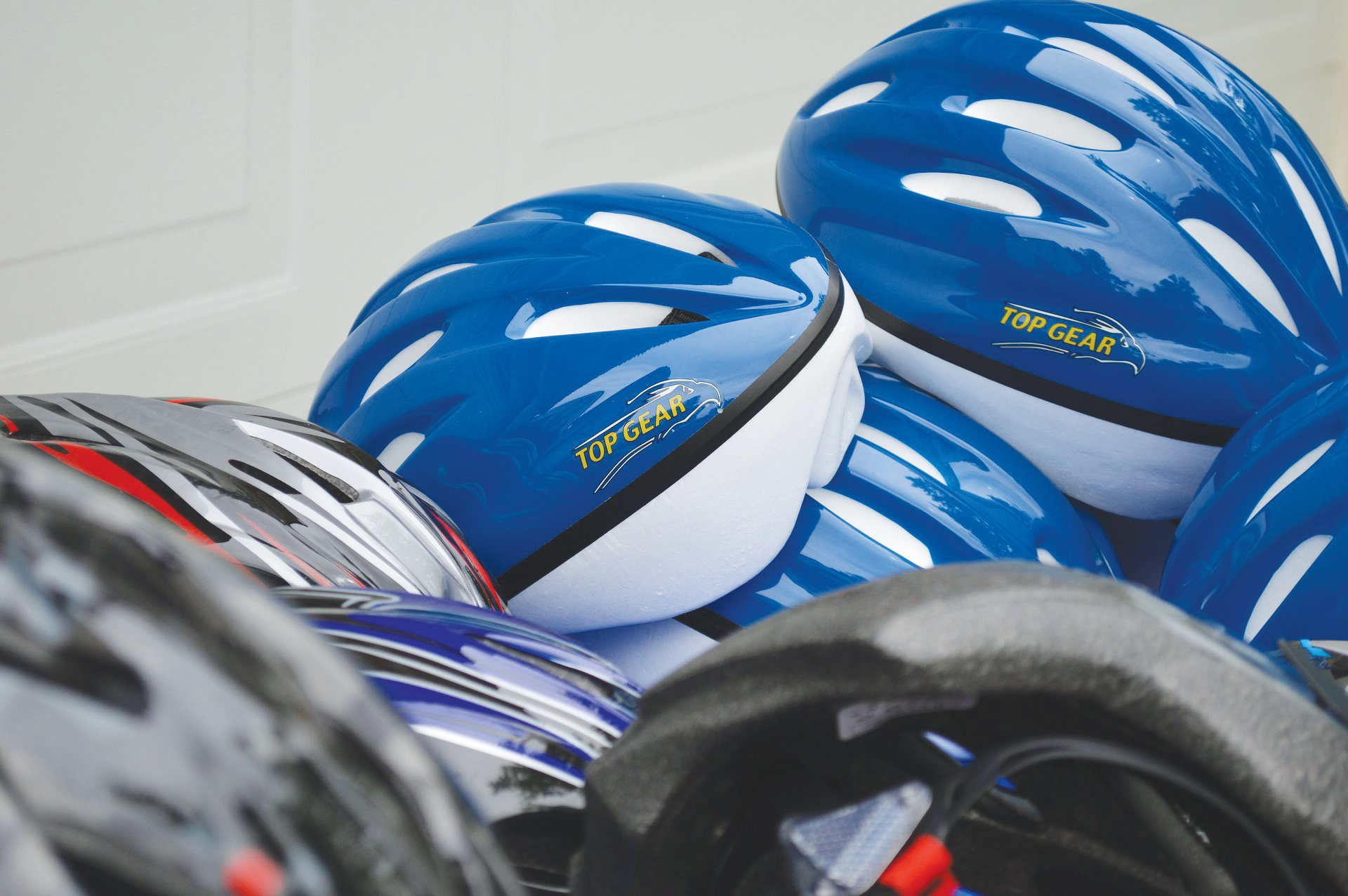Protect yourself, loved ones from traumatic brain injuries
FROM PRISMA HEALTH
It is spring- the time of year when many of us are hitting the highway for road trips. You may not be aware, but car accidents are among the leading causes of traumatic brain injuries. Prisma Health wants to raise awareness of the importance of protecting yourself on the road.
Motor vehicle accidents are responsible for 17 percent of all TBIs recorded in the United States - second only to falls. The Centers for Disease Control and Prevention estimates there are nearly 300,000 instances of TBI caused by car accidents each year. Some of these injuries are the result of direct blows to the head, such as hitting your head on the steering wheel in an accident or riding a motorcycle without a helmet. But others, such as whiplash, occur without any surface contact and can be severe enough to cause your brain to shake inside your skull.
"No one expects to suffer a brain injury, but it can happen to any one of us anywhere at any time," said Roham Moftakhar, M.D., chief of neurosurgery for Prisma Health-Midlands and associate professor of clinical surgery at the USC School of Medicine. "For those who are lucky enough to live through a serious brain injury, it is possible that lifelong care will be required because a brain injury may impede the ability for the body to function and perform basic tasks."
Tips to protect yourself and your loved ones on the road:
- Use your seat belt.
- Make sure children are properly buckled up. Children should be in a car seat, booster seat or seat belt, whichever is appropriate for their age, height and weight.
- Wear a helmet when riding a motorcycle, scooter or bicycle.
- Do not drive impaired, including when you are tired.
- Do not text and drive.
- Obey traffic laws. Do not speed, and slow down for conditions like rain or snow.
According to the Brain Injury Association of America, each year an estimated 2.8 million children and adults in the United States sustain a TBI, and another 700,000 individuals sustain an acquired brain injury from non-traumatic causes. TBIs can affect the functionality of the brain - affecting thinking, reasoning and memory. Whether the victim is an adult, a child or an infant, TBIs can have a major impact on individuals and their families.
"Many brain injuries are preventable just by following guidelines after a sports concussion or by deciding to wear a helmet when riding a bike or motorcycle," Moftakhar said.
TBI is the leading cause of death in children in the United States, with approximately 37,000 children sustaining a severe TBI each year. More than half (54 percent) of these injuries were caused by falls.
Catherine McClung Smith, M.D., a pediatric neurosurgeon for Prisma Health Children's Hospital - Midlands, urges parents to make sure their children are always wearing helmets with fastened chinstraps when riding bicycles, skateboarding or playing sports such as football or baseball.
"Because the child's brain is still developing, the full impact of a TBI is sometimes not immediately obvious," McClung Smith said. "As the child grows older, cognitive impairments may develop and create lifetime challenges for the child and his or her family."
According to the Brain Injury Association of America, head and brain injuries are a major health hazard and have become one of the leading causes of death and disability in the United States.
Brain injury facts and statistics:
- Each day 137 people in the United States die due to a TBI-related injury.
- Approximately 3 million Americans are currently living with disabilities related to TBI.
- Every 13 seconds someone will sustain a TBI.
- A mild TBI is called a concussion.
- Every year, at least 5 million children and adults will sustain a TBI.
- 50,000 people die because of a TBI every year.
Neuroscience services at Prisma Health-Midlands are co-led by Moftakhar, Palmetto Health-USC Medical Group Neurosurgery, and Souvik Sen, M.D., MPH, Department of Neurology, Palmetto Health-USC Medical Group. For more information about neuroscience services at Palmetto Health, visit PalmettoHealth.org/Neuroscience.
More Articles to Read

